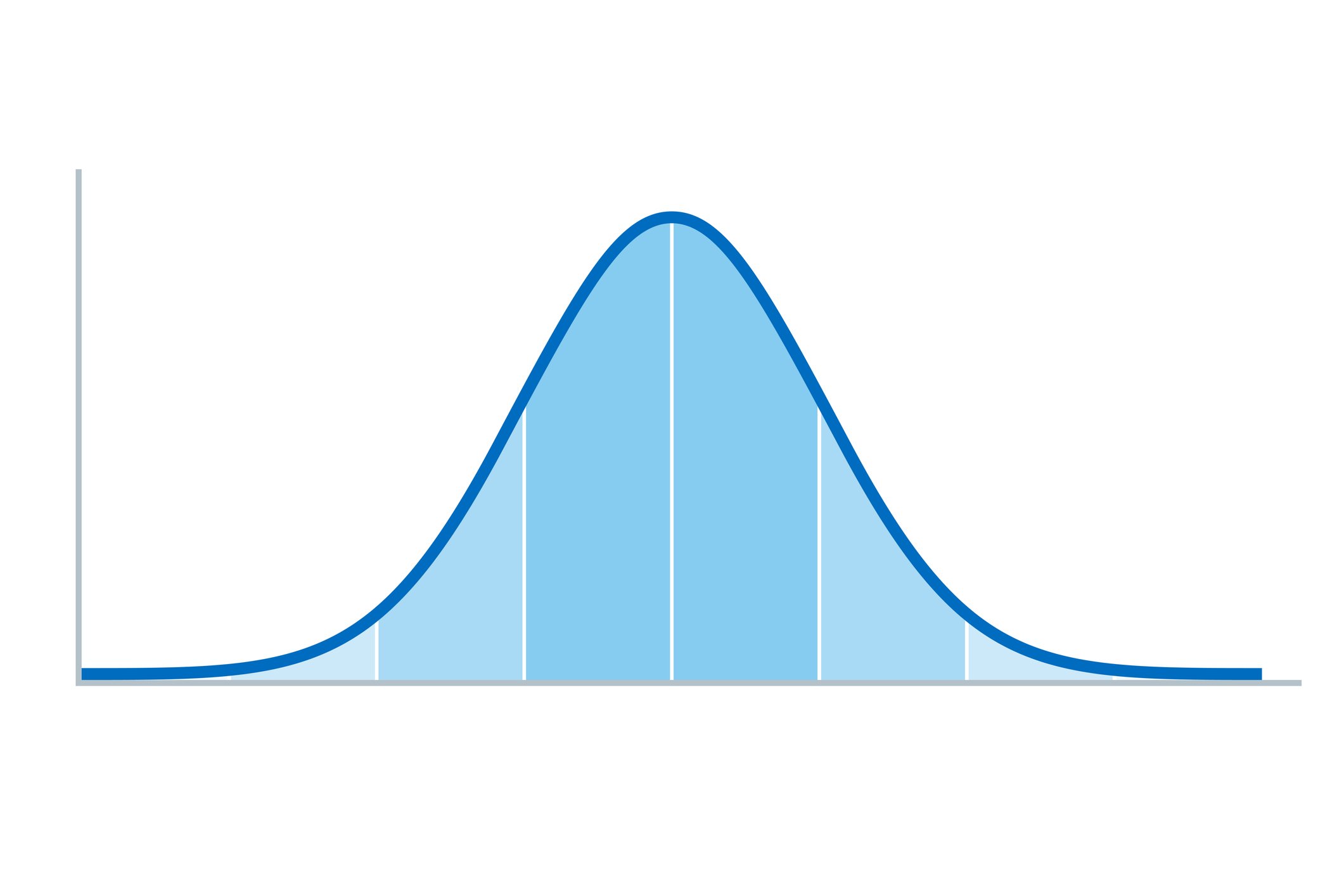Dr. Stephen Gorard Helps You Understand Statistics
Dr. Stephen Gorard takes a no-nonsense approach to statistics. He finds ways to make statistics understandable and relevant, even for the most inexperienced or qualitative-minded reader! He offers guidance to anyone getting started in statistical analysis, or in need of a refresher about ways to understand and use numbers in research. Hear his explanation in this interview, and check out his practical book: How to Make Sense of Statistics. If you want to learn more, use the code MSPACEQ323 for a 20% discount on a purchase of the book, through September 2023.
More Methodspace Posts about Statistics
Dr James Abdey discusses the importance of statistical literacy and applications of methodologies to assist researchers in understanding their data and presenting their results clearly, objectively, and with confidence.
Listen to this interview, and check out Rhys Jones’ latest book: Statistical Literacy: A Beginner's Guide.
Dr. Stephen Gorard defines and explains randomness in a research context.
Mentor in Residence Stephen Gorard explains how researchers can think about predicting results.
Instructional tips for teaching quantitative data analysis.
Tips for dealing with missing data from Dr. Stephen Gorard, author of How to Make Sense of Statistics.
Learn more about standard deviation from a paper and presentation from Dr. Stephen Gorard.
How can you use Excel in your data analysis? Charlotte Brookfield explains!
Have you seen Dr. Gorard use card tricks to teach research methods? Watch this video!
Don’t have funds for data analysis software? Use Excel! Learn how in this interview with Charlotte Brookfield.
Listen to Dr. Stephen Gorard discuss his no-nonsense approach to statistics.
Professor Julie Scott Jones discusses lessons learned from teaching quantitative research methods online.
After 20 years of teaching research and quantitative methods to students in Political Science in the US, UK, and the EU, Dr. Loveless has developed a teaching method that has resulted in greater student success in statistics in each passing year
Mentor in Residence Stephen Gorard explains how to use population data.
Dr. Ann Sloan Devlin, author of The Research Experience, discusses first steps in data analysis for quantitative studies.
Want to use R for statistical analysis? These open-access resources might help!
Learn about R and find books about using this language and environment for statistical computing and graphics.
Throughout history humanity has had the urge to predict the future. The Greeks consulted the Delphi Oracle, whereas the Romans inspected sheep entrails and modern day sages poke around tea leaves to get the skinny on the future. This desire to predict the future has found its way into finance where modern day Haruspices pop up on television to make confident boasts about the future direction of the share du jour. All, but the very fortunate of these modern day prophets fail at their impossible task.





















Find tips to help you share your research and numerical findings.